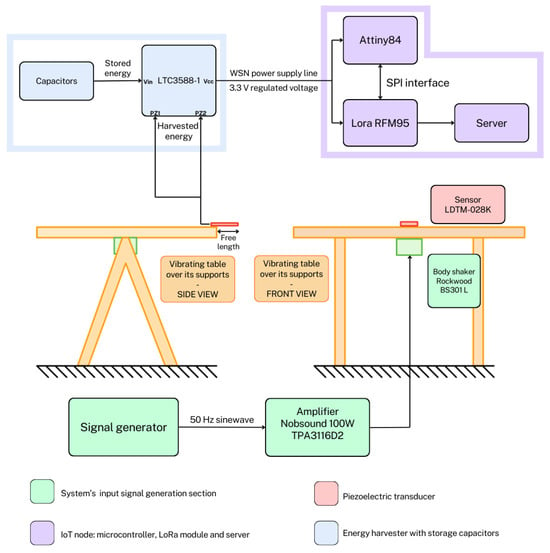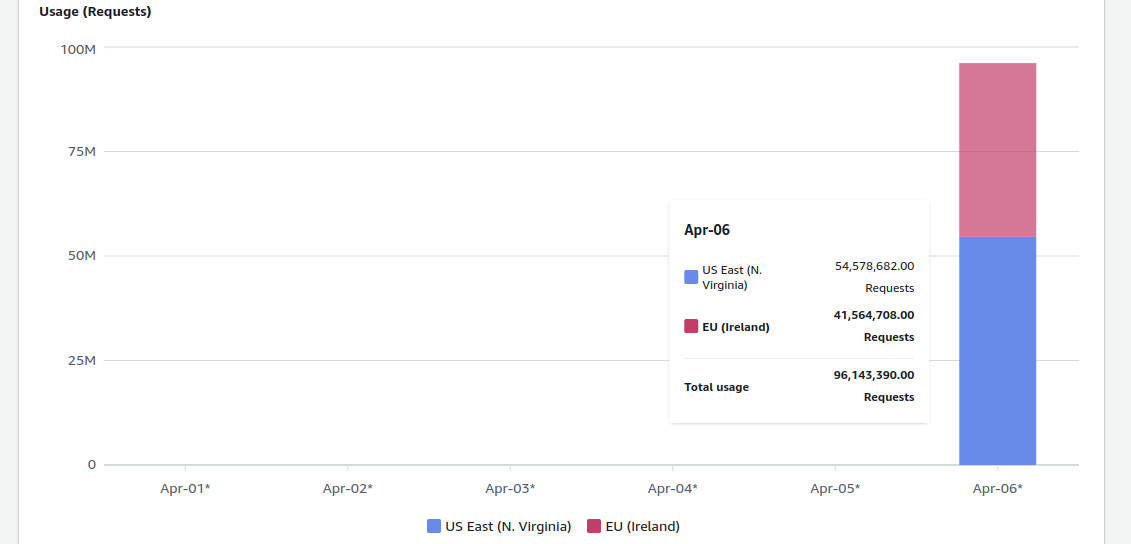
What makes concurrency so hard?
A lot of my formal specification projects involve concurrent or distributed system. That's in the sweet spot of "difficult to get right" and "severe costs to getting it wrong" that leads to people spending time and money on writing specifications. Given its relevance to my job, I spend an awful lot of time thinking about the nature of concurrency.
As the old joke goes, concurrency one of the two hardest things in computer science. There are lots of "accidental" reasons why: it's hard to test, it's not composable, bugs can stay latent for a long time, etc. Is there anything that makes it essentially hard? Something that makes concurrent software, by its very nature, more difficult to write than synchronous software?
The reason I hear most often is that humans think linearly, not concurrently, so are ill-equipped to reason about race conditions. I disagree: in my experience, humans are very good at concurrent reasoning. We do concurrent reasoning every time we drive a car!
More generally, some studies find that if you frame concurrent systems in human terms ("meatspace modeling"), people get quite good at finding the race conditions. So while concurrency might be difficult to reason about, I don't think it's because of a fault in our brains.








/cdn.vox-cdn.com/uploads/chorus_asset/file/25425875/1241888258.jpg)






